To understand the relationship between a first-century master and his disciples, one must appreciate the central role of Torah in ancient Jewish society.
The Two Great Principles and Sefer Pitron Torah
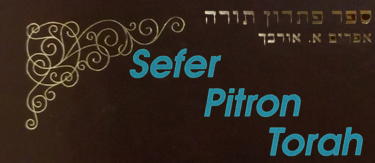
The command to love one’s neighbor was already thought of during the Second Commonwealth as the essence of the second half of the Decalogue, in which sense it is quoted in Sefer Pitron Torah.
“Binding” and “Loosing” in the Kingdom of Heaven

Jewish sages were called upon constantly by their community to interpret scriptural commands. They “bound,” or prohibited, certain activities, and “loosed,” or allowed, others.
Pilgrimage in the Time of Jesus
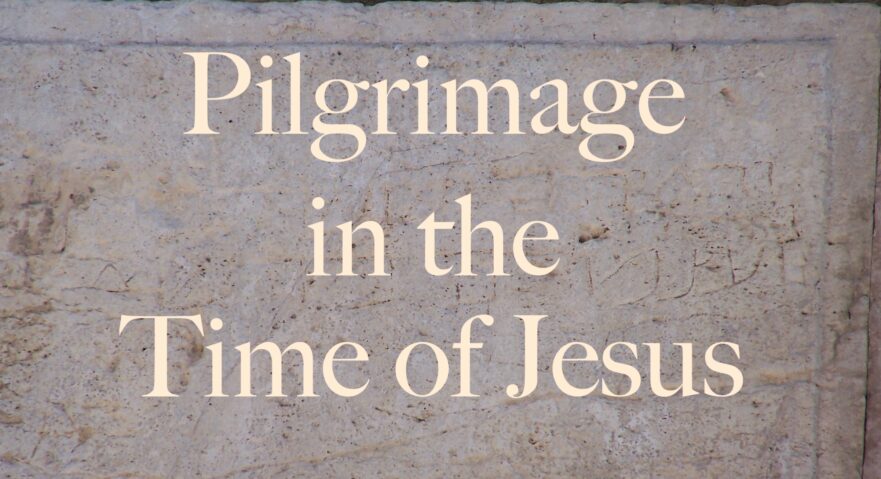
During the Second Temple period pilgrimage was associated with the festivals of Passover, Shavuot and Sukkot.
The Role of Women in the Temple
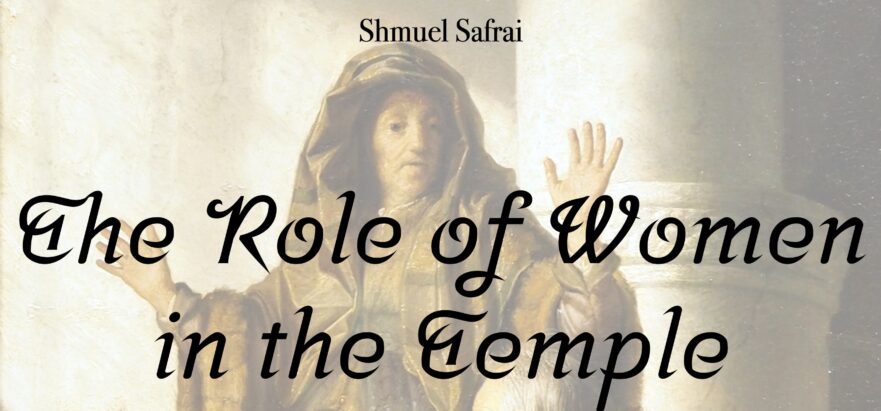
According to Jewish religious law, women were allowed in every area of the Temple precincts in which men were allowed.
Zechariah’s Prestigious Task
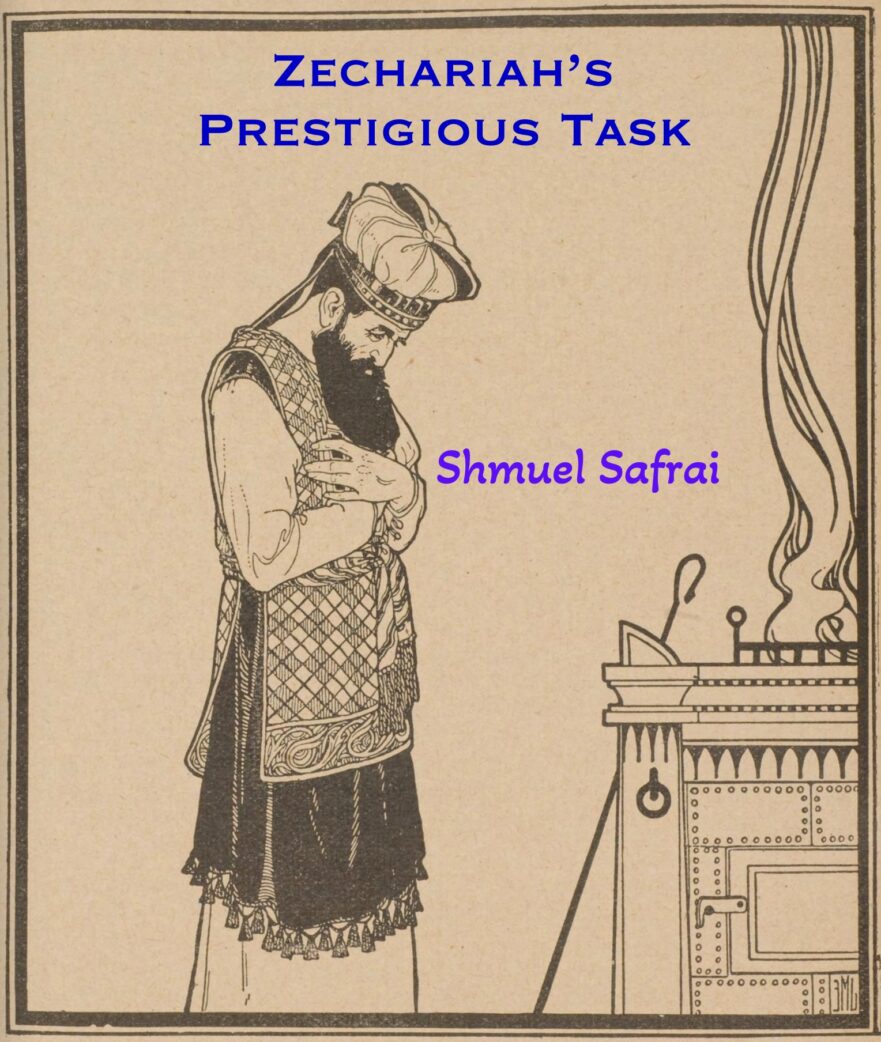
It was not unknown for a priest to see a vision or hear a heavenly voice in the sanctuary at the time of the incense offering. Josephus relates that while the high priest and ruler John Hyrcanus was offering incense in the sanctuary, he heard a voice proclaiming that his sons had just defeated the Syrian king Antiochus (Antiq. 13:282).
At the Feet of a Sage
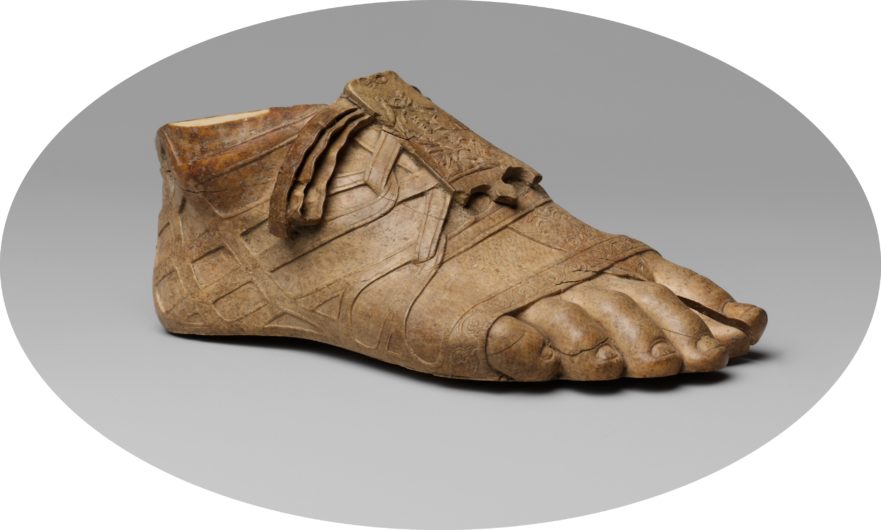
Jewish sages and their disciples were dependent upon the hospitality of the communities they visited.
Jesus and the Oral Torah: Did Jesus Wear Phylacteries?

The Gospels attest to the fact that Jesus had tassels on the four corners of his outer robe (Matt. 9:20; 14:36; Mark 6:56; Luke 8:44). Although there is no explicit evidence in the Gospels, we have reason to suggest that he also may have worn phylacteries.
Jesus and the Oral Torah: The Hem of His Garment
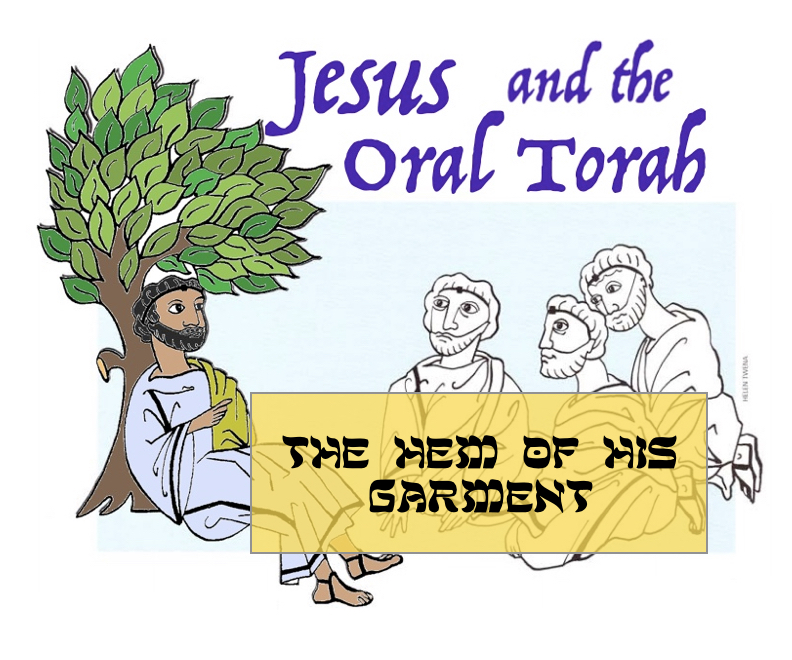
The New Testament makes it clear that Jesus, like all observant Jews of the first century, wore tsitsiyot. These are the tassels that were attached to the four corners of one’s robe as commanded in Numbers 15 and Deuteronomy 22. Jesus’ observance of this commandment is dramatically illustrated by the story of the woman who suffered from a hemorrhage for twelve years.
Jesus and the Oral Torah: Tithing
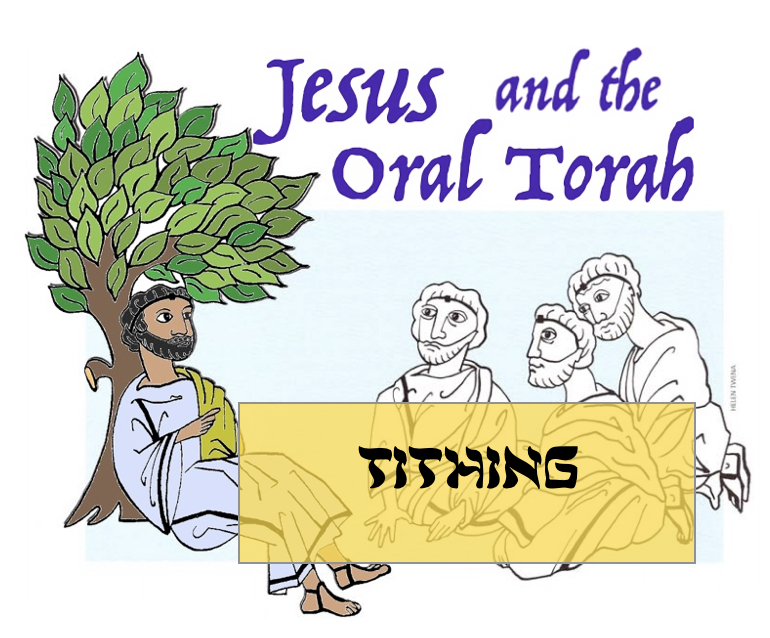
Did Jesus observe the commandment to tithe as it was interpreted in the Oral Torah?
Jesus and the Oral Torah: The Unutterable Name of God
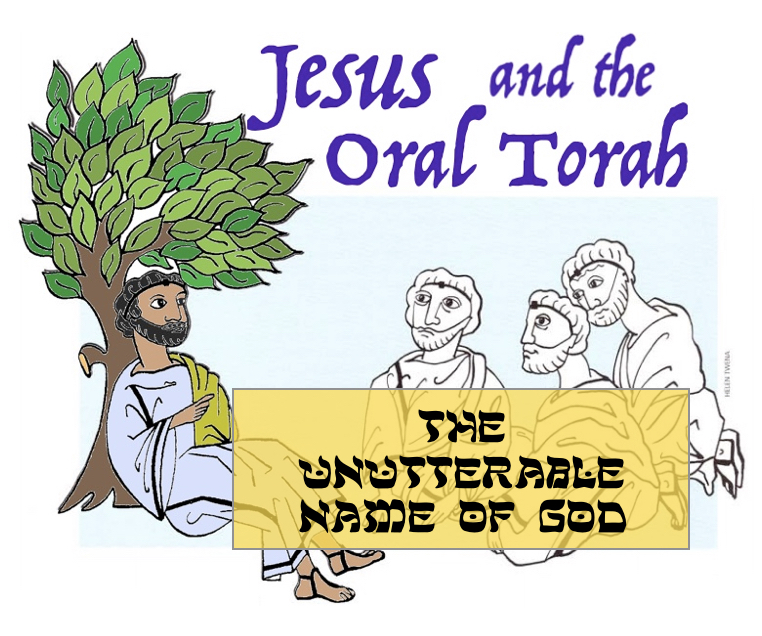
To avoid the risk of employing the divine name irreverently, the sages ruled that one should not utter it at all.
Jesus and the Oral Torah: Blessing
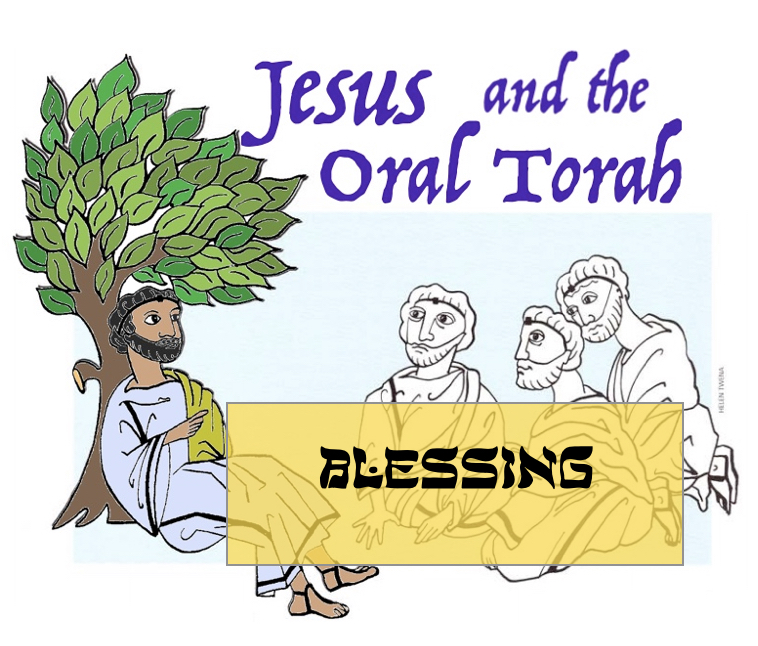
There is evidence that Jesus adhered to the rulings of the Oral Torah in his use of various blessings.
Jesus and the Oral Torah: Written and Oral Torah
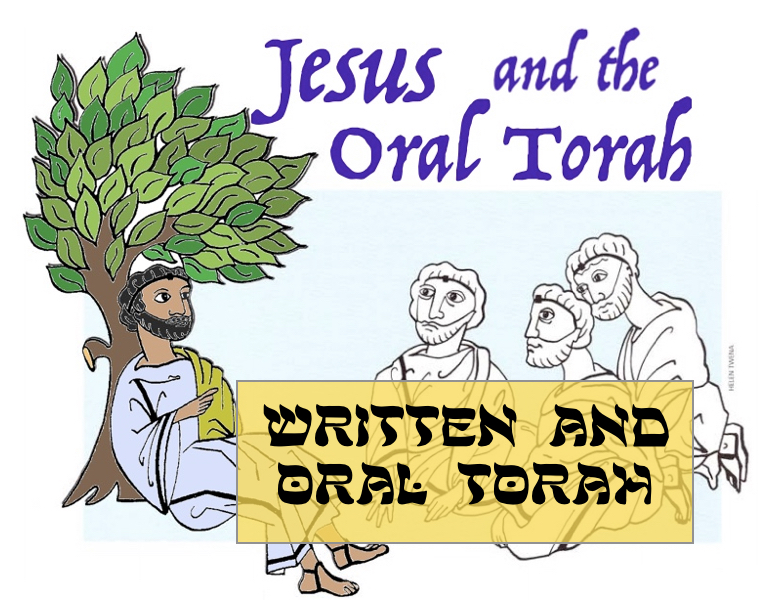
The Torah was given by God as a guideline for a whole way of life.
Hebrew Nuggets, Lesson 1: Jesus’ Hebrew Name (Part 1)
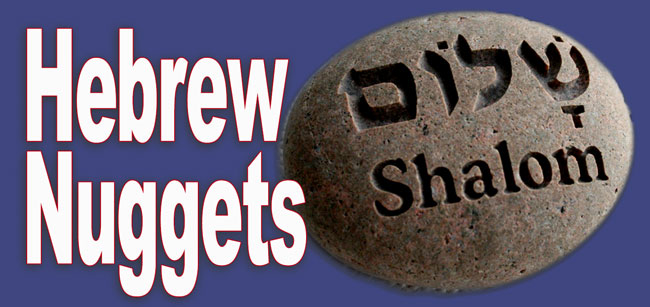
In my view, Hebrew is the key to understanding the Jewish background to Jesus’ words. Jerusalem Perspective, therefore, features a serialized Hebrew course for beginners. Each issue will include a bite-sized Hebrew lesson.
- Page 2 of 2
- 1
- 2

